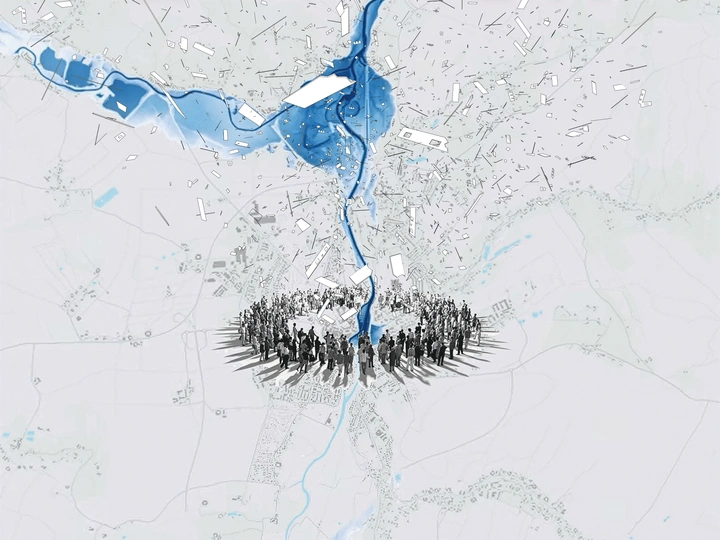Grounding Change: Architecture of Fragility

I am a practicing architect and researcher working across the intersections of spatial design, theory, and environmental inquiry. Educated between Poland, the Netherlands, and Switzerland, I hold a Master of Science in Architecture from TU Delft, where I graduated within the Borders & Territories chair. My academic focus has been shaped by architectural theory, critical cartography, and posthumanism, which I explored in both my thesis and in masterclasses such as Posthuman Symbioses.
Professionally, I have worked with renowned offices including Benthem Crouwel Architects in Amsterdam and Christ & Gantenbein in Basel, contributing to large-scale cultural and infrastructural projects. I complement this with independent practice and artistic research, having co-founded the Nature-Culture Collective in 2024—a platform that engages architecture through ecological and critical lenses.
My work has been exhibited internationally and published in journals such as Archiprint and the IASS conference proceedings. I have received multiple awards, including the 1st Prize for the Brno Central Station Competition (with BCA + WEST8) and recognition in design and photography competitions.
Rooted in both rigorous research and built experience, I approach architecture as a cultural and political medium capable of engaging with the urgent realities of climate change and spatial transformation.
This proposal explores how natural hazards—emerging within the context of climate change—can become catalysts for public engagement, environmental awareness, and ethical reflection in the Anthropocene. Rather than reinforcing the status quo and hiding the realities of climate change through resilience, it introduces the concept of fragility, where environmental forces are fostering adaptation to an altered world. Focusing on increasingly flood-prone territories in Europe, this research and design project does not seek fixed solutions, but proposes an open-ended conceptual framework resulting in a site-specific, testable prototype and an adaptable model.
Grounding Change denotes a critical cartographic research process, aimed at revealing socio, mental and environmental complexities (ecosophy of F. Guattari) to situate the proposal within a specific context. Natural disasters are not viewed solely as engineering problems to be solved, but as matters of care (B. Latour) — entangled with economic interests, political debates, and ethical concerns, always approached from a situated perspective.
Hence, building on the European tradition of the ting (B. Latour) —proto-parliamentary assemblies held in landscapes shaped by more-than-human agencies—the Architecture of Fragility (AoF) proposes hybrids that function both as climate mitigation infrastructure and places of assembly. These sites become places of gathering, disputes, reflection, and commemoration. AoF is intentionally ambiguous, it does not hide the presence of floods, but incorporates their temporality, creating affective conditions that invite agency of environmental forces that lead to coexistence rather than control.
Ultimately, the proposal sees infrastructure as not only technical, but cultural one—stimulating active participation in rethinking how we coexist with planetary change, as climate change is not a technical problem, but a cultural one.